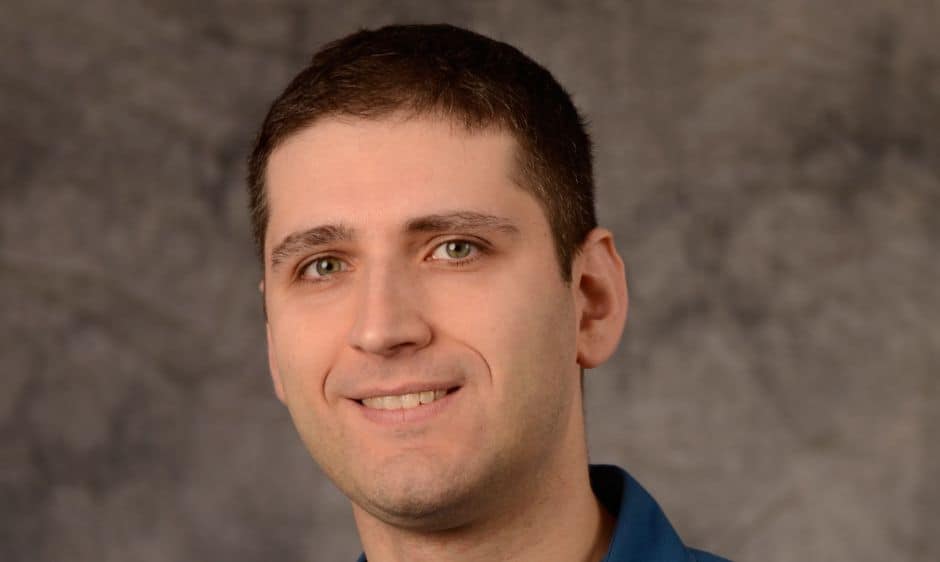Introduction
The Super Congress is chaired by a Texas Republican whose career political patrons are dominated by financial interests and a Washington Democrat with loyal support from unions as well as business titans Microsoft and Boeing.
The committee of 12, dubbed the Super Congress, opens for business Thursday with a mandate to identify $1.5 trillion in spending cuts before Thanksgiving. The process is fraught with politics, because every committee member is the creature of the wider political interests that have shaped them with advice—and campaign contributions.
iWatch News has focused in on the two chairs, Democratic Sen. Patty Murray and Republican Rep. Jeb Hensarling, and analyzed campaign contributions to each over the entire duration of their careers in Congress. The analysis of their so-called “career patrons” is a descriptive snapshot of the special interests that have been most loyal to them, in terms of campaign dollars, and may be expecting some loyalty in return in the coming two months of negotiations and deal-making.
Congressional watchdogs have worried aloud about Super Congress ties with lobbyists, campaign contributors and special interests.
“Like most politicians, Hensarling and Murray have developed longstanding relationships cemented with campaign contributions. As members of the Super Congress, however, it’s essential that they set aside the narrow interests of their cash constituents and craft policy that protects the national interest,” said Sheila Krumholz, executive director of the Center for Responsive Politics.
Neither Hensarling or Murray returned calls for comment.
Top 10 career patrons, based on an iWatch News analysis of CQ MoneyLine data:
Rep. Jeb Hensarling, R-Texas
More than 500 PACs and campaign committees have combined to make at least $4.16 million in campaign contributions over the course of his congressional career. Hensarling chairs the House Republican Conference and has taken a hard line on spending, including voting no on the Simpson-Bowles deficit commission final proposal. He was elected to the House in 2002.
- Bank of America Corp. —at least $94,500
- AT&T — at least $83,000
- American Bankers Association —at least $77,000
- KPMG — at least $76,000
- Independent Insurance Agents & Brokers of America Inc. — at least $73,000
- JPMorgan Chase & Co. —at least $69,000
- Cash America International Inc. — at least $58,500
- UBS —at least $56,000
- PricewaterhouseCoopers —at least $53,700
- Wells Fargo and Co. —at least $51,000
Sen. Patty Murray, D-Wash.
Murray has received about $8.4 million from over 1,000 PACs and campaign committees since she was elected to the Senate in 1992. She is in her second stint as chairman of the Democratic Senatorial Campaign Committee, a hard-driving fundraising gig that has drawn criticism since her appointment to the deficit committee.
- International Brotherhood of Electrical Workers — at least $98,500
- International Brotherhood of Teamsters — at least $85,500
- American Association for Justice —at least $85,000
- Seafarers International Union — at least $82,500
- Microsoft Corp. — at least $74,500
- National Education Association — at least $73,000
- AFSCME —at least $69,500
- Sheet Metal Workers’ International Association — at least $67,500
- Boeing Co.— at least $67,500
- Air Line Pilots Association —at least $67,500
The other 10 members of the Joint Select Committee on Deficit Reduction are listed below. Click on their names for individual profiles, including PAC contributions from special interests; the revolving door of staff in and out of the private sector; and the lawmakers’ own PACS that dole out donations to favored people running for office.
Senators:
House members:
Read more in Money and Democracy
Money and Democracy
Karl Rove-linked Crossroads has more than doubled its earlier fundraising goal of $120 million
Money and Democracy
FACT CHECK: Paul ‘stood with Reagan,’ but not long
Ron Paul cites his early connections with Reagan, but leaves out the story’s end

Join the conversation
Show Comments